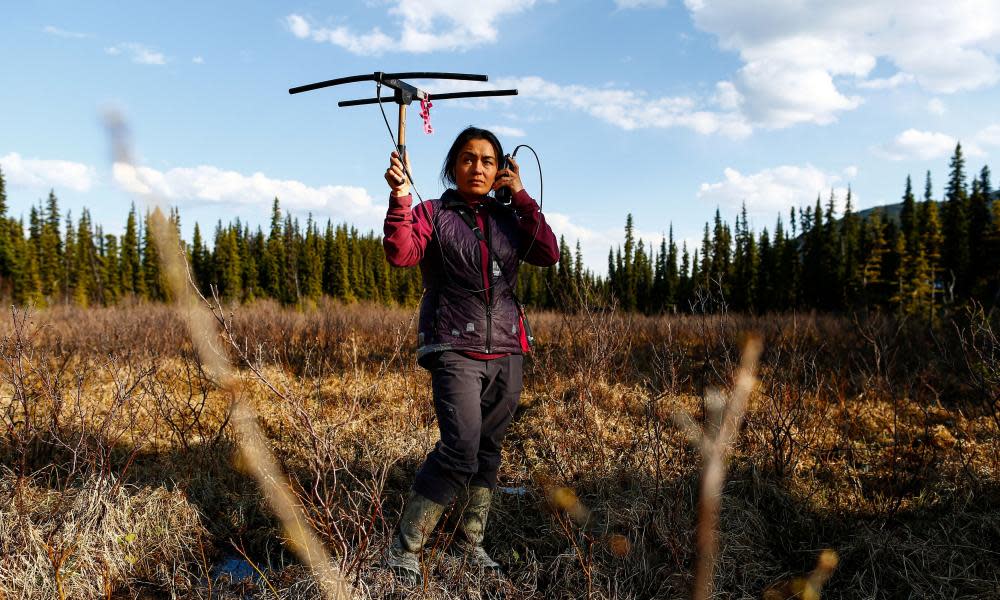Canada to pay $800m to settle land dispute with five First Nations

Canada has agreed to pay C$800m (US$600m) to settle a land claims dispute with five First Nations, an acknowledgment it failed to honour a treaty signed more than a century ago – and the latest in a string of deals reshaping the relationship between government and Indigenous communities
Over the weekend, officials with both the federal and British Columbia governments admitted successive administrations had broken their promises to the Blueberry River First Nations, the Doig River First Nation, the Halfway River First Nation, the Saulteau First Nations and the West Moberly First Nations.
The nations signed Treaty 8 in 1899, which promised them access to their traditional hunting grounds and the ability to generate income from the land. But a protracted refusal by the province and the federal government to make good on the agreement forced the nations to spend more than two decades battling for compensation.
“Honouring Treaty 8 is a key part of our work to advance reconciliation … and reconnect these five Nations with their land,” said the British Columbia premier, David Eby, at the news conference. “By settling these treaty land entitlement specific claims, we’re restoring the rightful amount of land that was promised under the treaty and all the benefits that should have flowed at the time to those Nations.”
Eby said the settlement with Treaty 8 nations marks a “huge milestone” on the “long road to reconciliation” and prevents further protracted and costly court battles.
Related: Landmark deals give Indigenous key role in Canada resource projects
In 2021, the British Columbia supreme court sided with Blueberry River after a multi-year legal fight, finding the province had violated the nation’s treaty rights by allowing fossil-fuel development in the region, which had prevented the nation from being able to live off the land.
That court decision culminated in a January agreement with the province that would see new protections for wildlife, a halt to logging in old-growth forests, new compensation for the community and limits on how much land resource companies can disturb. The provincial government has also agreed to establish a C$200m restoration fund to support “healing” of the land from years of industrial disturbance.
“It’s been a long road for my people,” Chief Judy Desjarlais of the Blueberry River said on Saturday, as her community celebrated their latest win to reclaim the lands and compensation owed to them.
The province said it will transfer 109,385 acres of crown land under the settlement to the 3,300 people living within the five First Nations.
As part of the initial treaty, Indigenous nations were promised 160 acres of land per person to allow for traditional harvesting and to benefit from economic opportunities.
Related: Ontario says ‘colonization’ costs mean it does not owe First Nations billions
The Saulteau First Nations chief councillor, Justin Napoleon, said that never happened. Instead, the provincial government allowed settlers on their lands over the years without consultation, prompting the nation’s Elders to decide to fight back, he said.
“It’s because of this unjustness that our elders set out to correct this wrongdoing,” he said. “They approached the government expecting that they would honour their word, but doors were shut in their face.”
The federal government said it would contribute C$800m to the nations as compensation.
“It’s not a windfall, it’s not free money,” said the federal Indigenous services minister, Marc Miller, adding that by not upholding its obligations as a treaty partner, the government had “broken” its promises.
“It’s a bill that’s not been paid for 100 years.”

